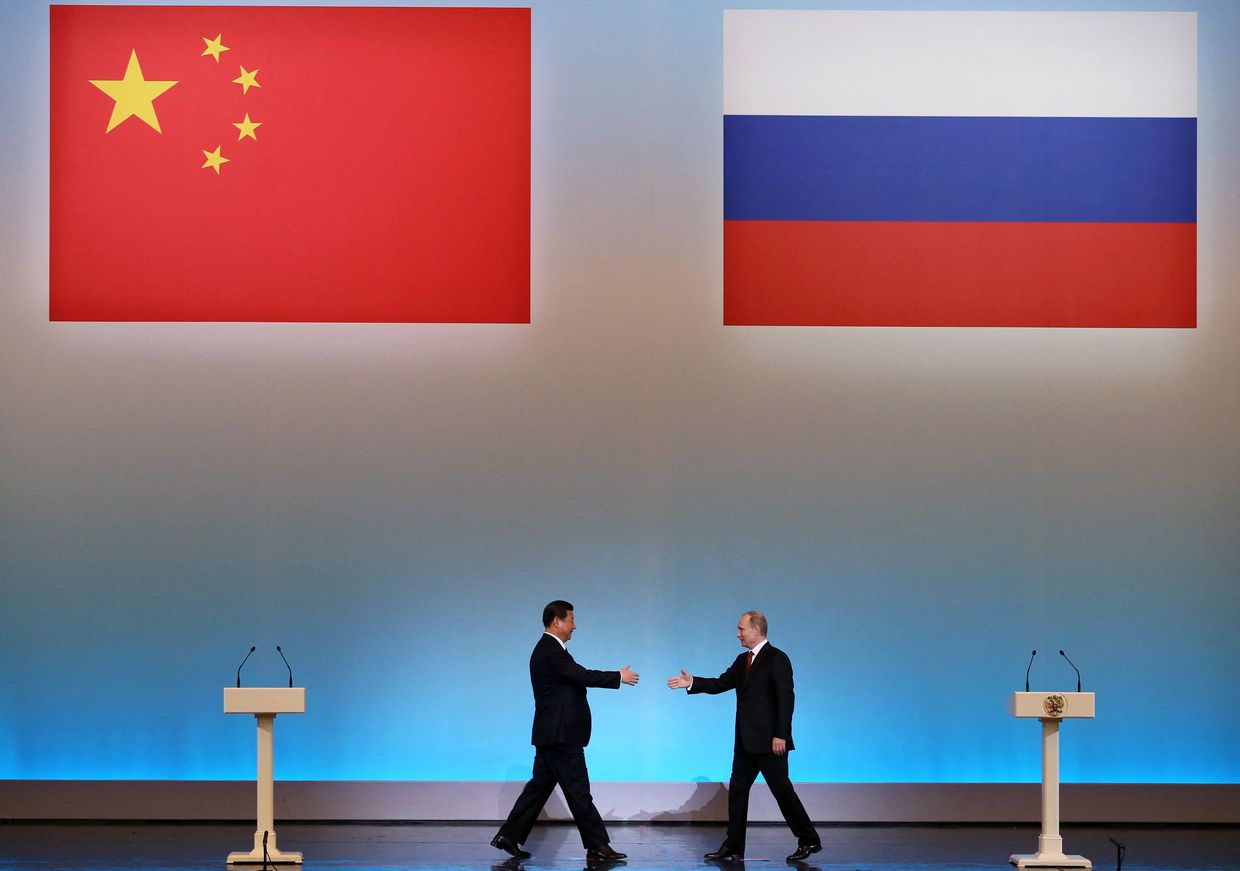FT: Western banks paid 4 times more taxes to Russia in 2023 than before all-out war

The largest Western banks that continue to operate in Russia have paid 800 million euros ($857 million) in taxes to its budget in 2023, which is four times more than before Moscow's full-scale invasion of Ukraine, the Financial Times (FT) reported on April 29, citing its analysis.
In the immediate aftermath of Russia's full-scale invasion of Ukraine in 2022, Russia's banks – increasingly isolated from the global economy and laden with heavy Western sanctions – saw profits fall by 90% compared to 2021.
Despite this, the Russian banking industry is once again thriving. Russia's state-owned Sberbank reported a record annual profit of $16.3 billion in 2023, a more than five-fold increase compared to 2022.
Seven European banks with the largest assets in Russia — Raiffeisen Bank International, UniCredit, ING, Commerzbank, Deutsche Bank, Intesa Sanpaolo, and OTP — reported combined profits of over 3 billion euros ($3.2 billion) in 2023. This is three times more than in 2021.
The jump in profitability resulted in European banks paying about 800 million euros in taxes, compared to 200 million euros ($214 million) in 2021, according to the FT analysis. This was in addition to the profits of U.S. lenders such as Citigroup and JPMorgan.
The taxes paid by the banks are equivalent to about 0.4% of all expected non-energy Russian budget revenues for 2024, the FT reported.
"(This is) an example of how foreign companies remaining in the country help the Kremlin maintain financial stability despite Western sanctions," the media outlet wrote.
The growth of European banks' profits is partly explained by the funds they cannot withdraw from Russia due to restrictions imposed by Moscow after the full-scale invasion of Ukraine, according to the FT.











